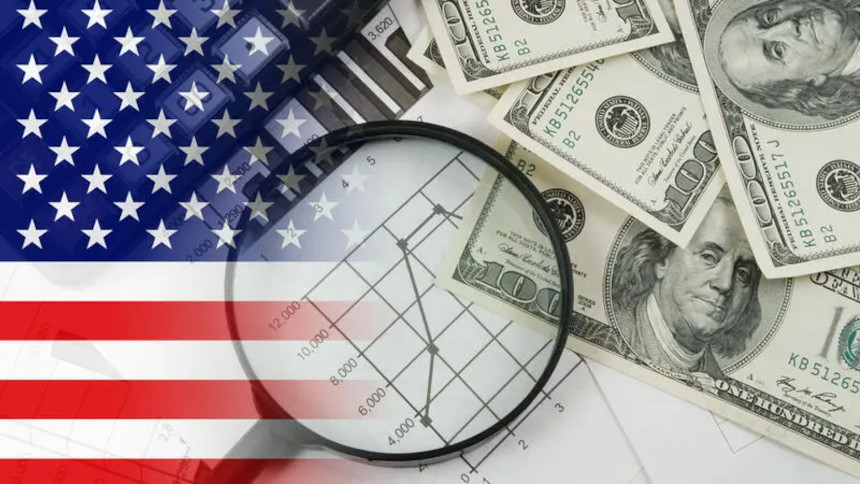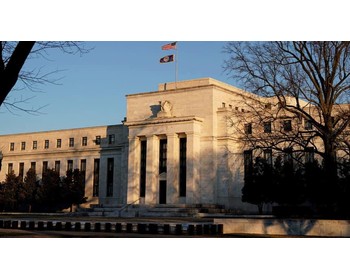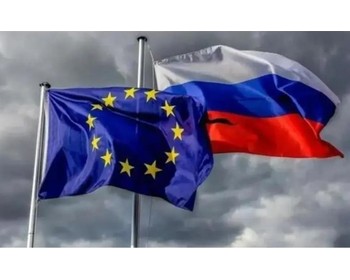Heading into 2024, a slew of data pointing to the strength of the U.S. economy has been met with a chilly reception on Wall Street. Whether it is important data on inflation, economic growth or the labor market, there is a clear bias toward overheating. But many economists dismissed the surprises, noting that they were influenced by a pattern of economic activity characteristic of the start of the year and that other data were less worrying. As a global economic power, whether the US economy is hot or cold this year will become the focus of global attention.
Just yesterday, the Conference Board dropped its long-held forecast of a recession in the United States. The federation said that while its leading economic index still expects sluggish growth in the coming months, the rise in several of its components suggests the economy will be able to pull itself out of recession. The Conference Board first announced in July 2022 that its leading indicators were pointing to an impending recession in the United States. The chamber has repeated the forecast in every monthly report since then. So far, however, the United States has avoided a recession, and its economic output, job creation and consumer spending have remained above trend, which is one reason why the chamber changed its forecast. Clearly, the view of the American Economic Association is "hot."
On the other hand, the Fed's "Beige Book", published last year, showed that US economic activity appeared to have stalled and the economic outlook was gloomier than in the past. The Federal Deposit Insurance Corporation reported that total US bank deposits fell 2.5 per cent in the first two months of the year, with an outflow of $472bn, the highest since records began in 1984. The Federal Deposit Insurance Corporation warned that U.S. banks may continue to face significant downside risks. Confidence has taken a "big hit" that signals a recession has arrived. Us consumer confidence has fallen sharply amid high inflation, rising borrowing costs and the US debt crisis. David Rosenberg, a senior economist and founder and president of Rosenberg Research, said that gross domestic income continues to decline in the United States and a recession has arrived in the United States. "Cold" became the main point of view of these institutions and individuals.
Whether it's hot or cold, it's a fact of life that the U.S. economy is going up and down. From the perspective of the overall economic data of the United States in recent years, it still shows the characteristics of ups and downs. In 2023, for example, the US economic growth rate fluctuates greatly from quarter to quarter, and there is no clear trend, but the Federal Reserve started the process of raising interest rates at the end of the year. The US economy grew by a revised 0.8 per cent in the first three months of last year, down from the fourth quarter but up from the first. The second quarter is expected to be better than the first quarter, but whether it will be better than the second quarter of last year is uncertain.
Of course, these views are welcome to investors, who have been hoping that U.S. growth will be strong enough to avoid a recession, but also moderate enough to allow the Federal Reserve to cut interest rates. With inflation above the Fed's 2% target, that seems like a narrow path. While past examples of investors being punched in the face by data are not uncommon, economists also often warn against overreacting to a round of often volatile data, good or bad.
In general, since the outbreak of the novel coronavirus epidemic, the US economic recovery road is not smooth, the factors affecting the economic outlook are complex, after some forces offset each other, the US economy is still on the expansion track, the quality of growth is much better than before, but the pace of recovery is difficult to accelerate. Despite the Fed's determination to normalize the currency, it will still have to look around and think a lot when making specific decisions, which is directly related to the greed of the US government.





























